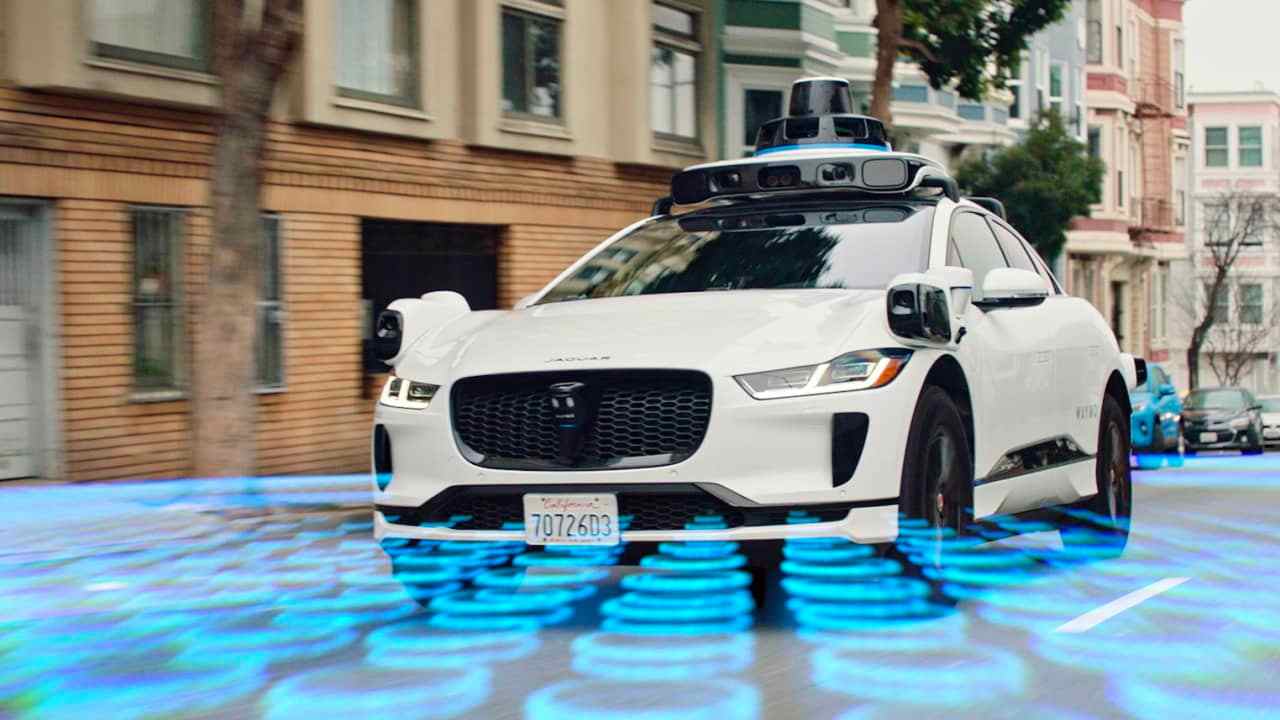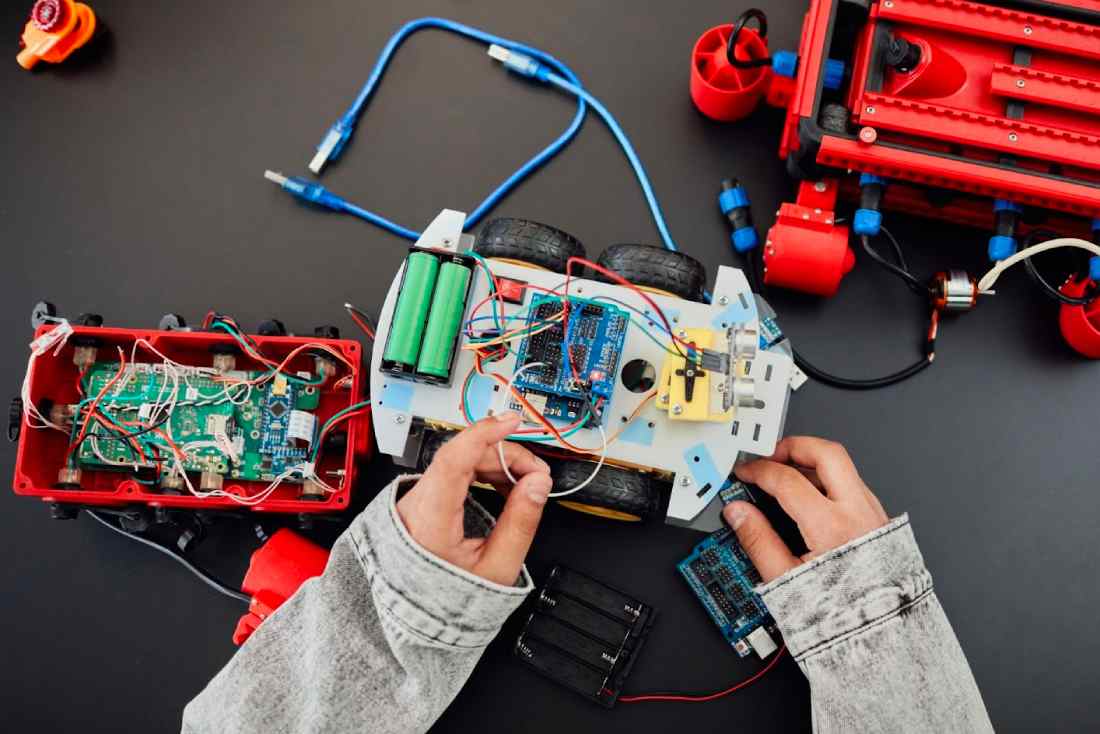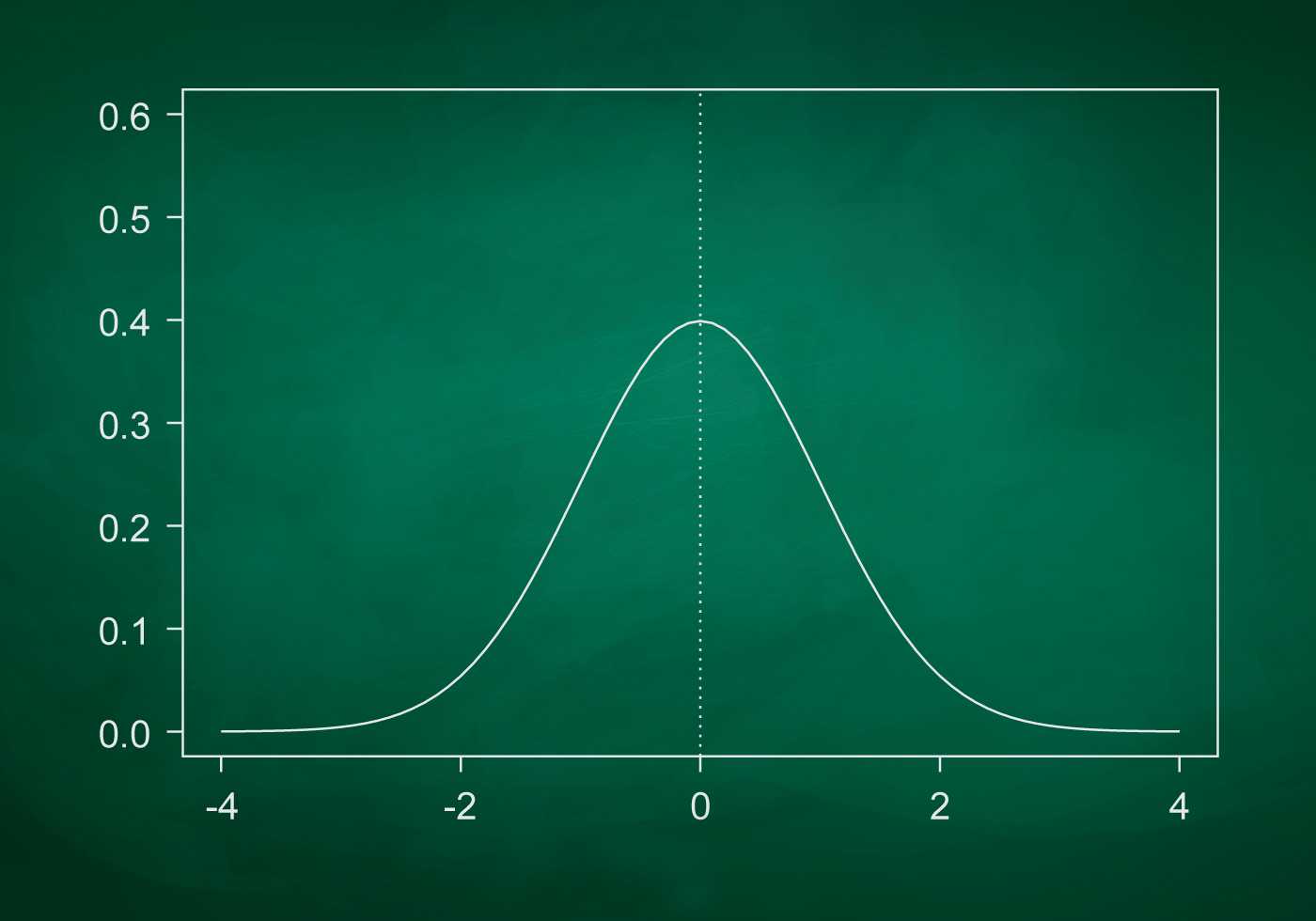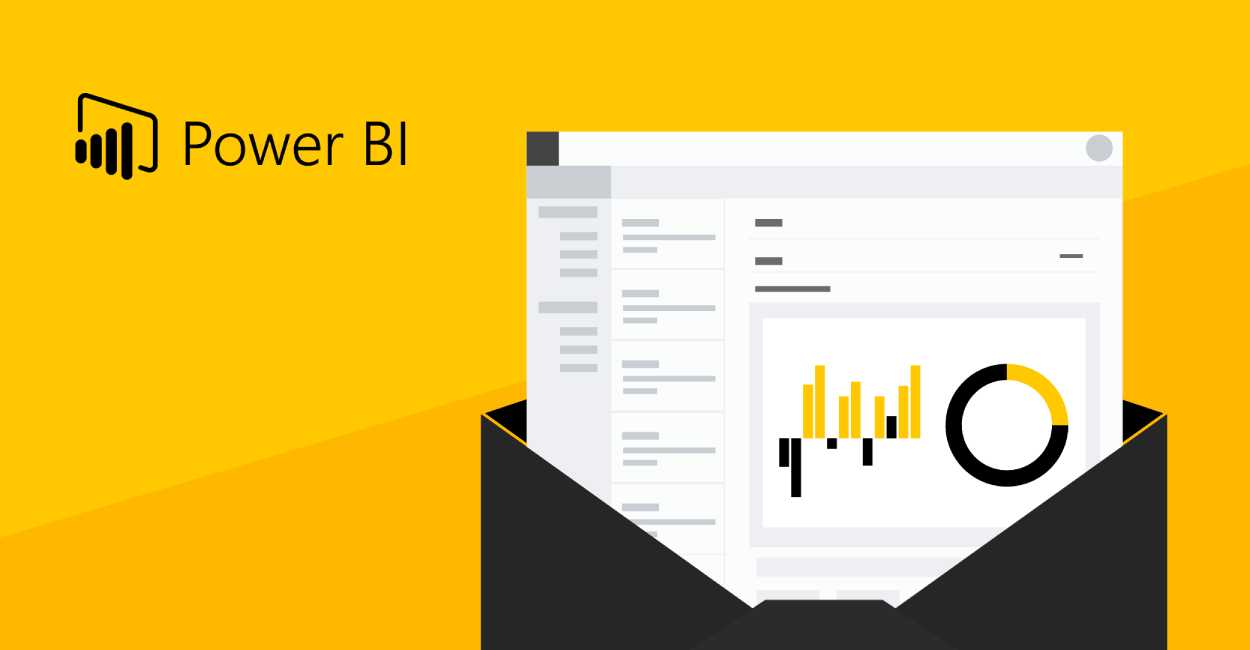Internet of things (IoT) devices and services will guide healthcare toward new generation of proficient services while saving time and lives with high accuracy. Continuous progress in remote healthcare domain leads to the invention of wireless devices. Nowadays, a comprehensive view of the patient’s overall health can be obtained through prototypes of the next generation emergency rooms.
IoT technology facilitates the intercommunication and can alert the hospital staff based on the patient’s vitals. It transforms the healthcare industry to more efficient, low cost and better patient care systems generation. Concurrently, the current era is filled with milestone improvements in the healthcare technology that has resulted in big data world. Big data is characterized by volume, variety, velocity and veracity. Big data and IoT are topical emerging technologies that attract focus from several researchers and engineers to develop the next generation of smarter connected devices/products. In addition, embedded medical devices are spreading to provide accessible information anywhere in the world. Healthcare organizations use the continuous engineering potential to design powerful future. They are intimately connected with enormous Internet-connected things/devices that generate massive amounts of data. Superior healthcare outcome is the foremost objective shared by hospitals, clinics and health organizations around the world. Healthcare combined with IoT drives the innovation of medical services along with cost reduction, accuracy improvement, and wide spread of the healthcare services to more population.
Recently, healthcare stakeholders directed their attention toward big data analysis to support the healthcare sector instead of developing only automated medical systems, and digitizing medical records. Big data has the potential to assist healthcare organizations to equip providers with the necessary tools for better healthcare. The IoT healthcare devices acquire medical information in the form of signals and/or images. These acquired big data from the IoT requires analysis for accurate diagnosis. This provides the healthcare organizations with the required detailed data to achieve effective population health management. An unprecedented level of real-time data can be obtained by intelligent systems.
Meanwhile, big data runs on open-source technologies with inconsistent security schemes. Thus, healthcare organizations have to ensure superior big data security.
 Waymo Data Scientist interview
04/04/2023
Waymo Data Scientist interview
04/04/2023
 What is intelligent electronic device?
03/04/2023
What is intelligent electronic device?
03/04/2023
 What is standard deviation definition
10/11/2022
What is standard deviation definition
10/11/2022
 What is Power BI and how to use it
10/11/2022
What is Power BI and how to use it
10/11/2022